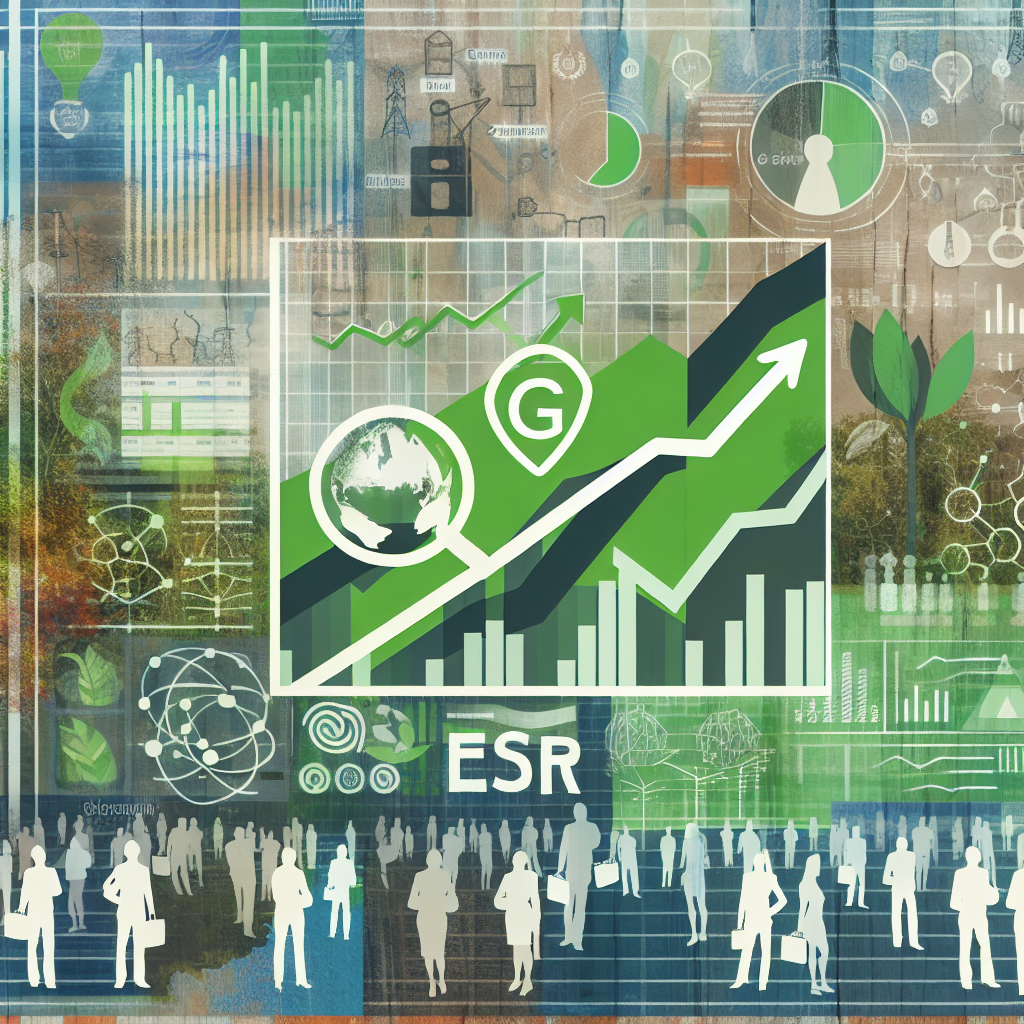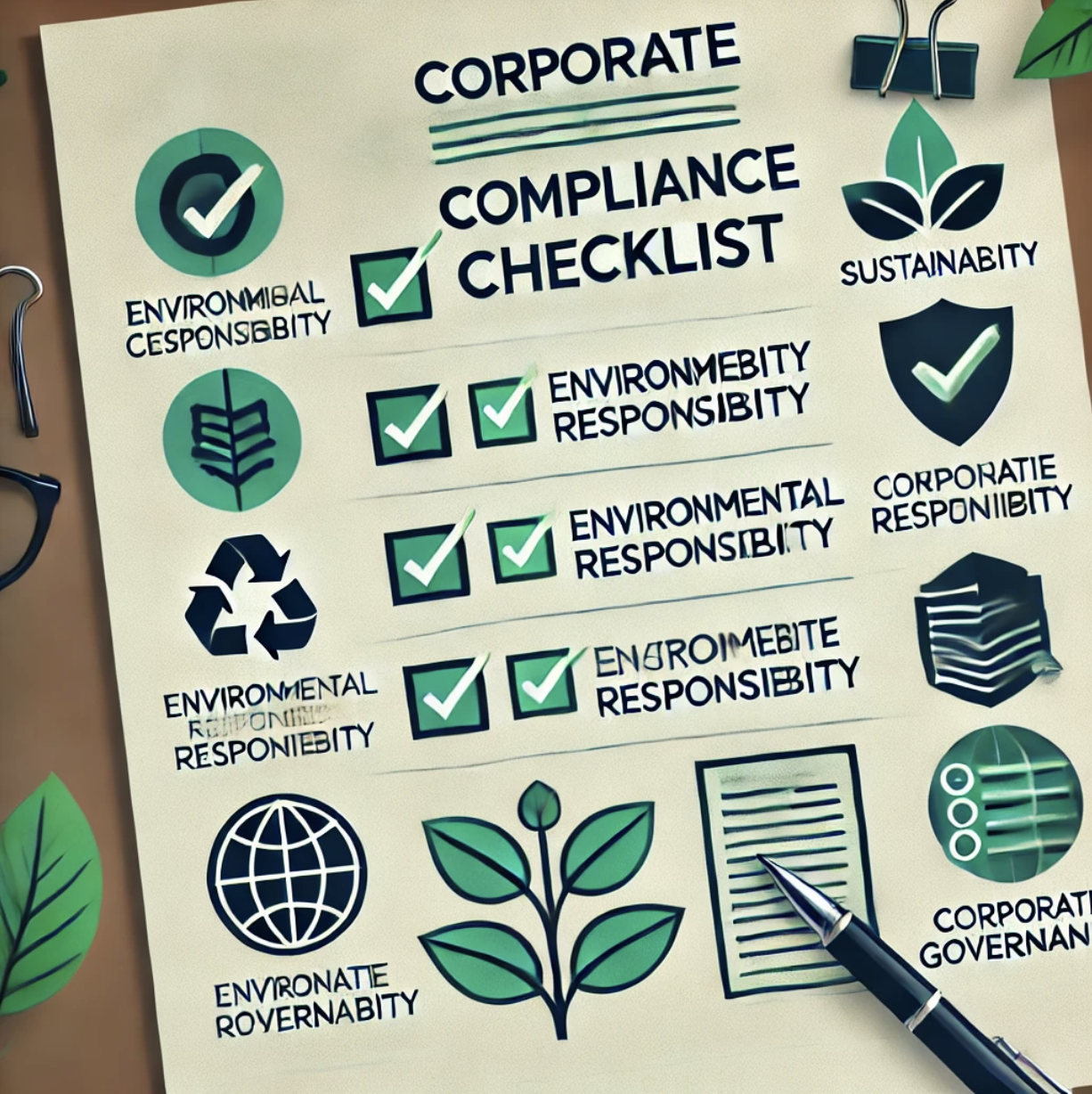
Environmental, Social and Governance
ESG (Environmental, Social and Governance) is crucial as it integrates environmental stewardship, social responsibility, and ethical governance, steering businesses towards sustainable growth and fostering a healthier, more equitable world for all.

The Enhanced Guide for CSRD Compliance + CSRD Checklist + Condensed CSRD Guide
The Enhanced Guide for CSRD Compliance includes the following:
- Introduction to the Corporate Sustainability Reporting Directive (CSRD)
- Understanding the CSRD
- Importance of ESG in Modern Business
- Objectives of the Guide
- Expansion of Reporting Requirements
- Who is Affected by the CSRD?
- Understanding the Expanded Scope
- Implications for Businesses
- Detailed Reporting and Assurance
- Key Reporting Elements Under the CSRD
- Structuring Your Sustainability Report
- The Role of Third-Party Assurance
- Scope and Placement of Reporting
- Inclusion Criteria for Various Sectors
- Optimal Placement of Sustainability Information in Reports
- Small and Medium Enterprises (SMEs)
- CSRD Requirements for SMEs
- Simplified Standards for SMEs
- The Value of Voluntary Compliance
- Subsidiary Reporting
- Reporting Obligations for Subsidiaries
- Integrating Subsidiary Data into Group Reports
- Standards for Assurance
- Assurance Standards Explained
- International Standards and Compliance
- The Process of Achieving Equivalence
- Implementation Timelines
- Key Dates and Deadlines
- Phased Implementation Approach
- Preparing for Compliance
- Specific Requirements for Various Company Types
- Large Companies and Public Interest Entities
- Unlisted Large Companies
- Foreign Companies with EU Market Presence
- Provisions for SMEs
- Detailed Reporting Guidelines for SMEs
- Adopting Proportional Standards
- Resources and Support for SMEs
- Practical Steps for Implementation
- Checklist for CSRD Compliance
- Case Studies: Best Practices in Reporting
- Creating an Effective Reporting Framework
- Resources and Support
- External Resources for Further Information
- Internal Support Structures
- Professional Advisory and Consultancy Services
- Conclusion and Future Outlook
- Recap of Key Takeaways
- The Future of Sustainability Reporting
- Encouragement for Proactive ESG Integration
The checklist includes the following categories and 5-6 sub-categories (2 pages):
- Understanding CSRD Requirements
- Assessing Current Reporting Capabilities
- Data Collection and Management Systems
- Stakeholder Engagement
- Developing Sustainability Strategies and Goals
- Training and Capacity Building
- Third-Party Assurance
- Continuous Improvement
- Track Important Dates
The CSRD Compliance Guide includes the following (3 pages):
- Who is Affected by the CSRD?
- Detailed Reporting and Assurance
- Structuring Your Sustainability Report
- Third-Party Assurance
- Scope and Placement of Reporting
- Implementation Timelines
- Detailed Timelines
- Practical Steps for Implementation
- Conclusion and Future Outlook

















